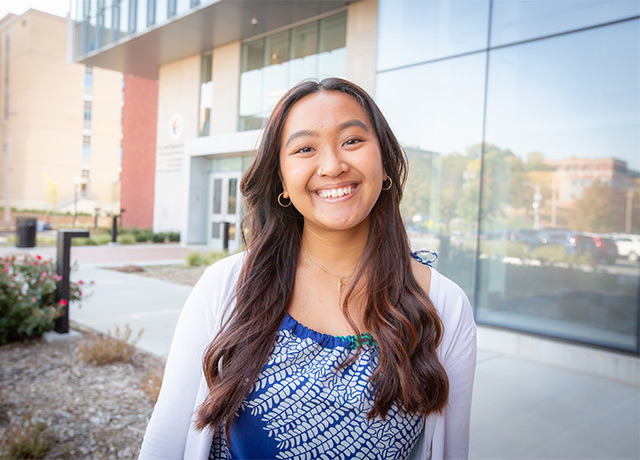Featured Testimonial About Creighton University
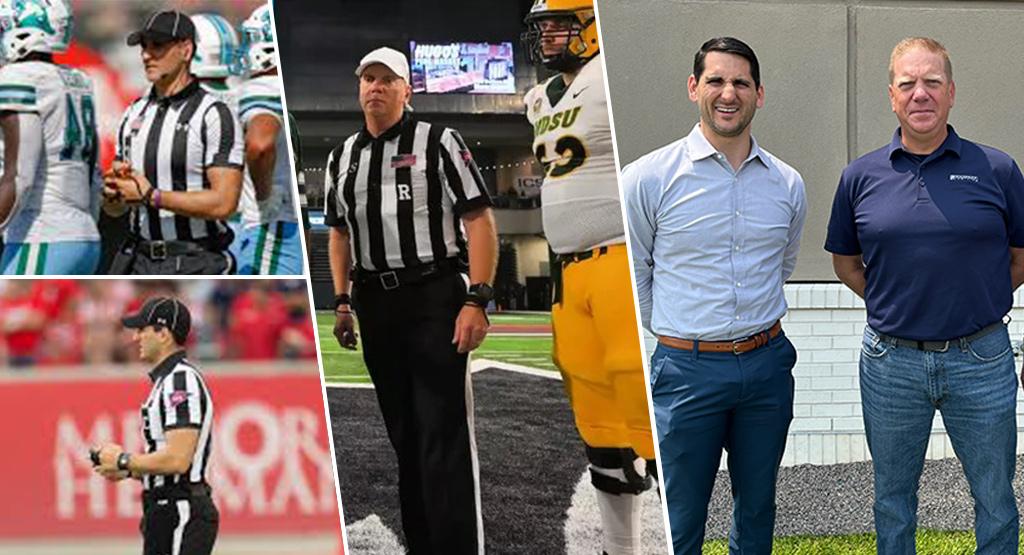
“With every decision we make, we disappoint 50% of people watching."

By Jon Nyatawa
In every single job interview and in several client meetings, Aaron Adams, JD’02, gets asked about his side gig.
He’s an accomplished lawyer and partner at Goosmann Law Firm. But everyone wants to talk about the Creighton alumnus’ experiences as a college football official.
Adams is more than happy to oblige. Because he’s grateful to be one of the lucky ones who’s moved through the officiating hierarchy to earn a spot on the field at the highest levels of the sport.
“I don’t know if fans realize, we are on a year-to-year contract,” said Adams, who’s a referee in the Missouri Valley Conference and the Mid-American Conference. “Our next game is not exactly guaranteed. There’s accountability and the pressure to perform. Mess up a rule, wrongly take away a TD, say something to a coach, and that could be it. It’s a highly competitive field.”
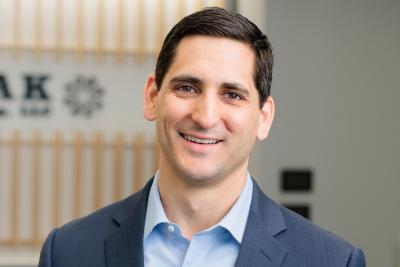
Hence, the gratitude. He’s been officiating football for more than 20 years.
Second-year law student Ryan Wingers feels the same way. The path to becoming an Atlantic Coast Conference college football official, Wingers said, is most accurately defined by coincidence and timing. And once you get your chance, it’s perhaps just as challenging to maintain it.
There are skill development camps, weekly rules tests and countless extra trips to work scrimmages and practices. There’s scrutiny, there’s pressure, there’s intensity. But this is what you sign up for. Wingers can’t imagine his life without having a role to play on college football gamedays.
“I kind of fell into a whirlwind, and I fell in love with it,” Wingers said.
Kicking off an officiating career
To be a successful official, it certainly does require hard work, and dedication, and a devotion to mastering a rule book. But there’s luck involved.
Adams said he got his start because a line-of-scrimmage official failed a rules test. He was called in as a substitute. “My first snap, I had no idea what I was doing,” Adams said.
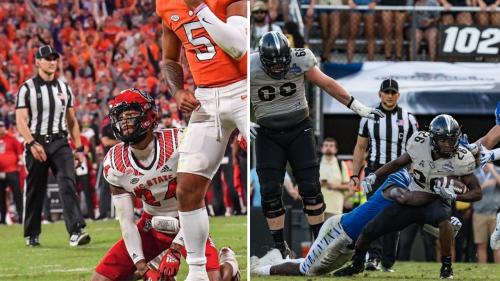
He soon joined a small college crew in the Baltimore area. As it turned out, that crew ended up having four Division I officials and two NFL officials.
Wingers initially thought he'd have a better chance at becoming a Division I basketball referee. But about 10 years ago, the NCAA expanded its football officiating crews from seven to eight. A new position, center judge, was created. And Wingers got his shot.
He worked as a center judge at two spring camps. Evaluators who were on hand noticed Wingers and his crew. The American Athletic Conference soon hired him. Five years later, he was working for the ACC.
What did that coach just say?
What kinds of things do you hear from college football coaches? Neither Adams nor Wingers had any specifics to share. As fans can see on TV, coaches often don’t hold back, they said.
But it’s up to officials to ignore it. In many cases, you do, by default, Wingers said.
“Honestly, you really don’t hear the coaches. You don’t hear fans, either,” he said. “And the bigger the stadium, the louder it is, the easier it is on us.
Lawyers make good officials
Or maybe good officials make good lawyers? Is there a tie-in here?
Adams said he does know a few lawyers across the country who are also working as officials.
“In my field of expertise, where I tend to operate within regulatory frameworks in business law or transactional law, I can definitely see some parallels, with the way you read a rule book and how you process words and terms,” Adams said. "There are some skills related to interpreting situations and people, having good judgment and remaining composed that apply to both the legal field and to our job as officials."
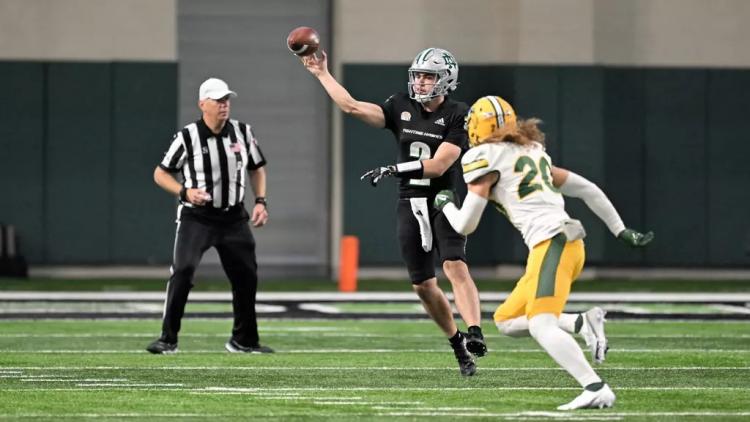
Wingers said he’s grateful to pursue two passions at the same time. Wingers, who earned his bachelor's degree from the University of Nebraska and master's degree from Georgia Southern University, spent this past summer working as an associate at the Dvorak Law Group in Omaha.
He said he looked at a handful of law schools and Creighton stood out with its accommodating class structure and faculty.
“Creighton’s law school provides the flexibility for me to be able to do this. I would be at a different school, if not,” Wingers said. “I’m here because I get to pursue my academic goals and live out my dream as an official.”
My crew is family
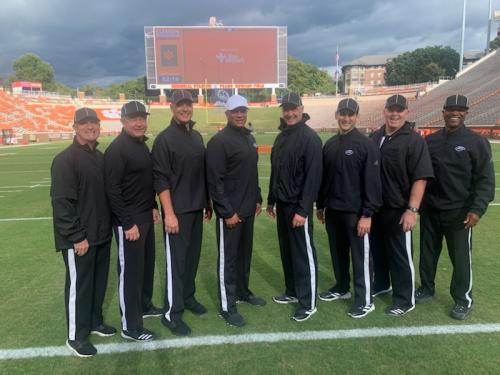
Both Adams and Wingers said the support from their wives and families makes all the difference. But they also draw encouragement and inspiration from their fellow officials.
The crew.
“With every decision we make, we disappoint 50% of people watching,” Wingers said. “The only ones who understand that pressure, that reality, are officials in your crew. They get it. And they’re there for you.”
Often, the same group of officials work together as a crew during the entire season. Wingers said members of his crew pitched in to buy a crib for his family.
“That’s what I love about football, it’s the relationships. The officials on your crew, you do a lot together. Dinner, travel, games. They care about you, and your family. It’s not exactly something you expect when you get into the business.”
***
One more Creighton law school connection suiting up every Saturday as a college football official: Brady Baker, the senior director of development for the School of Law. Baker officiates top games at the NAIA and junior college levels.
